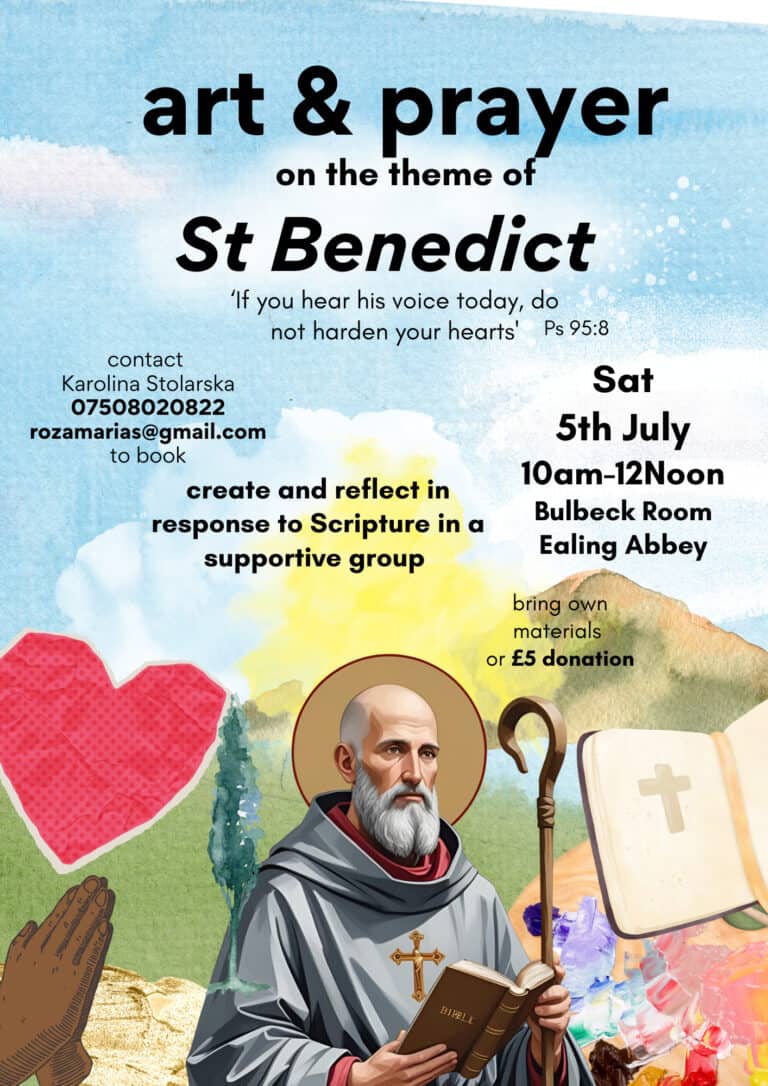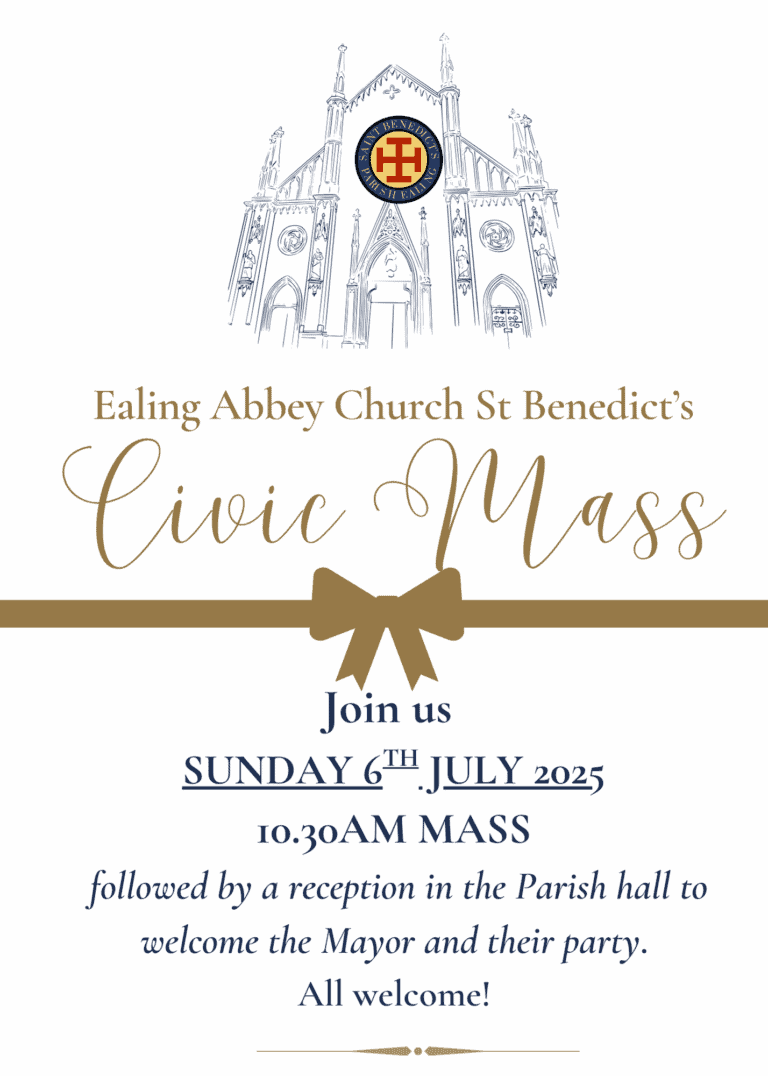Dear Parishioner,
“He denies any wrongdoing.” “I haven’t broken the law.”– How many times have we heard this on the news in recent times? How do you feel about it? Often, it’s an example of someone keeping to the matter of the law, but not at all according to its spirit.
Today’s Readings are mainly about the Law. The Gospel is a continuation of the Sermon on the Mount, Jesus’ teachings on what living according to God’s vision (the Kingdom of God) looks like in everyday actions. God’s vision for us is “the wisdom of God”, made known to the Jews through the Law and now completed by Jesus’ teaching and example, for our fullness of life. The psalmist recognises this invitation to life and declares, “They are happy who do his will…Open my eyes that I may consider the wonders of your law.”
Jesus says that he has come to fulfil the Law, to bring out its real meaning: “You have learned how it was said…But I say this to you…” The meaning of the Law can be summed up in one word – respect, or even better, reverence: reverence for God and respect for all people, including oneself. In his ministry, Jesus often cuts through regulations and traditions, and is accused of breaking the law, because he shows that what matters is not legalism, but love. He sets a new standard for his followers, teaching them that it is not enough not to commit murder, or not to commit adultery: the only thing sufficient is never even to wish to commit them. Jesus is concerned with the human heart and its ways – our capacity to nurse anger or to speak contemptuously, and to use our eyes to stimulate the wrong desire and to enter into harmful habits. The only way that we, as Jesus’ followers, can confront what happens in our hearts is by relying on God’s help.
In speaking about divorce, Jesus not only defends marriage, but also defends the women of his time. A man could divorce his wife for any cause, by a simple written declaration of dismissal, given in the presence of two witnesses. A woman without a family was a ‘non-person’ in society.
Finally, Jesus’ teaching on oaths points out that, far from having to make God a partner in any transaction, no one can keep God out of any transaction – God is already there, in every activity of life. A truly good person can be relied to speak in truth, so any oath is unnecessary.





